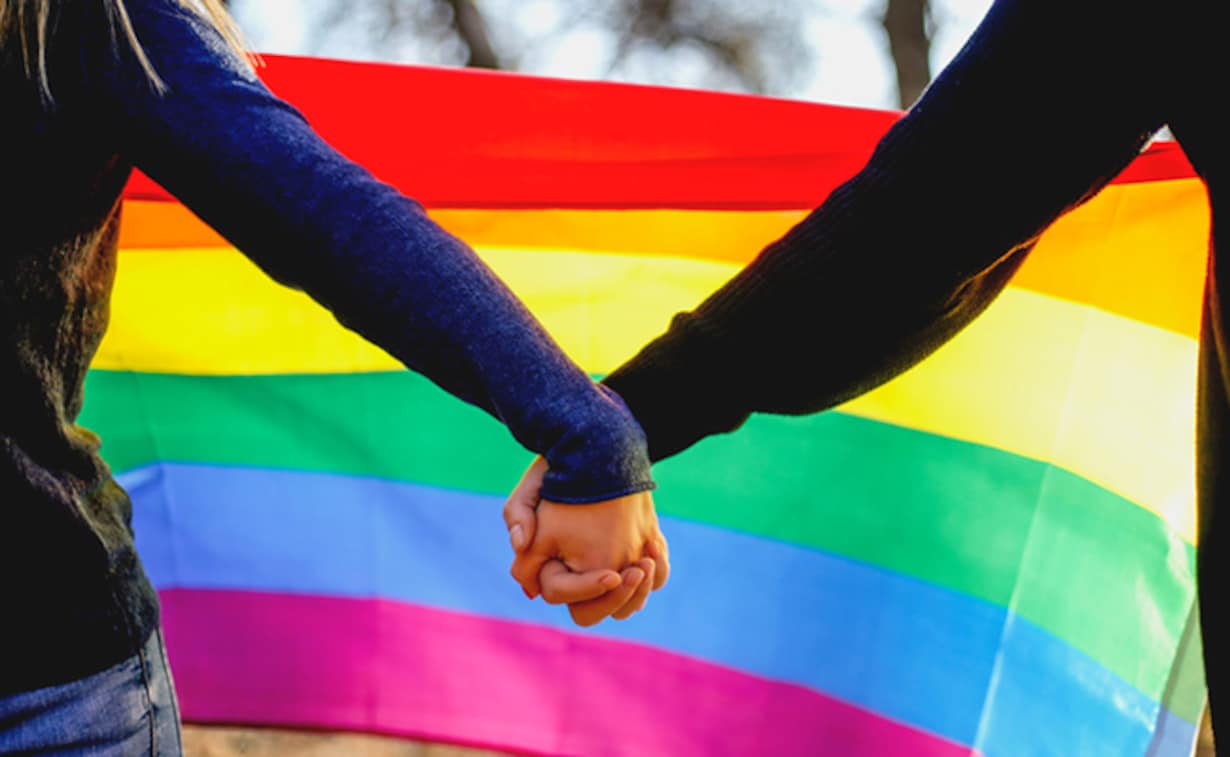Another law was passed in 1939 and it was more of a psychopathic offender law. Anyone who was more than 16 years old and had a mental disorder that was combined with propensities for sex offenses would get a new label as a criminal sexual psychopathic person. If they were labeled this way, they would have to stay in a correctional institution until they were fully recovered, based on what their doctor was saying at the time.
What was interesting here was that there were 160 commitments that were put into facilities due to this law and about 60 of them were for sodomy. None of the offenders were female. A majority of them were heterosexual as well, so it wasn’t even for those who were part of the LGBT community.
It wasn’t until 1968 when the state upheld that a married couple could not be put into jail under the sodomy statute. And then in 1976, and effective in 1977, Indiana finally decriminalized all sexual activity that was same sex. The age of consent for this was 16. There was an attempt in 1977 to reinstate consensual sodomy as a felony, but the Indiana House turned it down by a 6 to 4 vote.
Recognizing Same-Sex Relationships in Indiana
In October, 2014, same-sex marriages were performed and recognized in the state of Indiana. This was done after the federal court decision that happened in the same month. Here have been annual attempts to add an amendment to the constitution that would define marriage as simply a union between a man and a woman since 2004. These have all failed in that time.
Same-sex couples in the state are allowed to get married and have a marriage certificate, just like heterosexual couples. This has helped to take away a lot of the stigma around these couples and removed some of the barriers that they had in the past when they were ready to get married.
One thing to note though is that there currently isn’t any recognition of domestic partnerships in Indiana. There are three cities that have adopted these thought including Bloomington in 1997, Carmel, and Indianapolis in 2012. These areas are going to recognize domestic partnerships and provide some protections for those who are part of them as well.
Protections Against Discrimination
In 2004, the current Governor issued an executive order that was meant to help protect all state employees from discrimination based on their sexual orientation and their gender identity at the time. Then in 2005, the new Governor added gender identity and sexual orientation to the list of categories that were protected in state employment under the Equal Employment Opportunity policy.
It wasn’t until a number of years later that some problems occurred. In 2013, Kim Hively filed a lawsuit against Ivy Tech Community College of Indiana. She claimed that she was not given promotions and eventually lost her job due to her sexual orientation. It finally made it to the United States Court of Appeals for the Seventh Circuit in 2016, and the heated discussion focused on the meaning of the word sex through the Civil Rights Act.



